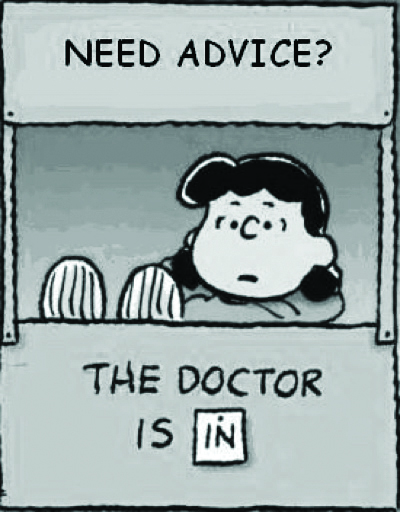There seems to be a point in the semester where students transform into zombies, relentlessly seeking caffeine and a decent GPA. Close enough to midterms for stress, far enough from break to give up. It’s purgatory. However, despite the gray skies and lack of sleep, there are ways to get through the trying times we’re in.
Practice self-care. Sleep, diet and exercise are vital to maintaining both physical and mental health. Seven to eight hours of sleep is necessary for an alert mind and energized body. Diet and exercise manage weight as well as hormone levels that drastically impact mood and focus. “Like an expensive car, your brain functions best when it gets only premium fuel. Eating high-quality foods that contain lots of vitamins, minerals and antioxidants nourishes the brain and protects it from oxidative stress — the “waste” (free radicals) produced when the body uses oxygen, which can damage cells,” said Harvard Health Publishing. Because of how much our mental and physical health depends on our diet, it’s of vital importance that college students get a healthy, balanced diet.
Take a break. As college students, finding free time can be exceptionally hard. But it’s vital to our mind that we take some time to laugh, have fun and breathe. Psychologytoday.com says, “Working for long stretches without breaks leads to stress and exhaustion. Taking breaks refreshes the mind, replenishes your mental resources, and helps you become more creative. ‘Aha moments’ came more often to those who took breaks. Other evidence suggests also that taking regular breaks raises workers’ level of engagement which, in turn, is highly correlated with productivity.”
Get off campus for a while. SBU has many mountain times, both overnight and for a few hours, just so students can do this. By separating from stressors, we can better breathe and find solutions for our problems. Going home is also a great way to destress by visiting family, pets and friends. By moving away from our problems physically, we can step back and find rational solutions that we might’ve not seen otherwise.
Make time for yourself. It’s easy to get lost in the massive workload that comes just before the middle of the semester. But by going into solitude for a while and getting me-time you can decrease stress and increase productivity. Forbes says, “We’re social creatures and it’s important for us to have strong connections with other people. But, solitude may be just as important. Studies show the ability to tolerate alone time has been linked to increased happiness, better life satisfaction, and improved stress management. People who enjoy alone time experience less depression.
All in all, stress is a major obstacle for college students. But stress can also be overcome and managed many ways, primarily ones we find on our one. These three suggestions can help to cope with stress as well as actually reduce it.
By A Bonnie
bonavent@sbu.edu









